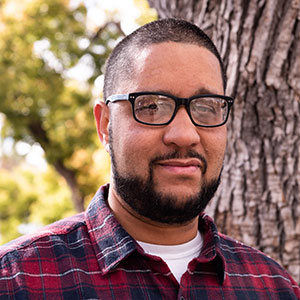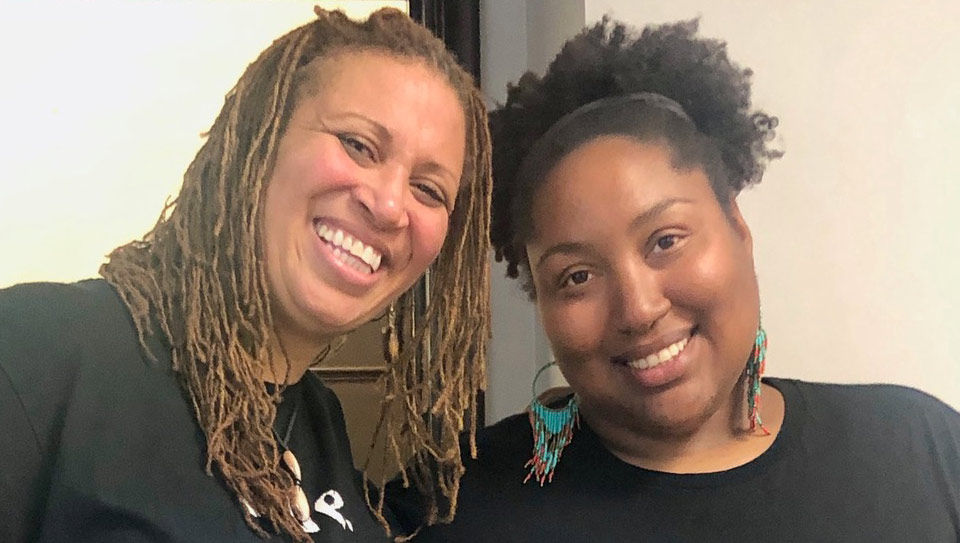My time at PLI was foundational to my growth as a social justice educator. I found the readings and projects in PLI to be so relevant and grounded in real praxis. It gave me the language to name the types of inequities that I was seeing in schools, and the rationale to keep pushing for justice. Being a part of PLI’s cohort model was important because public schools can be such isolating spaces, especially for educational leaders. Having a cohort of like minded comrades pushed my practice and gave me shoulders to lean on when the work got tough. Here I am more than a decade later and really in awe with the fact that I am part of a family of hundreds of social justice educators emanating out of Moore Hall at UCLA!”

